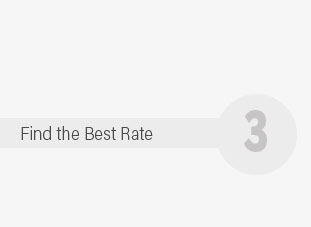 |
 |
 |
|---|
 |
 |
 |
 |
|---|
 |
 |
 |
 |
 |
 |
|---|

Understanding Family Health Insurance: A Comprehensive GuideFamily health insurance is an essential consideration for any household, offering a safety net that ensures medical expenses do not become a financial burden. Navigating the intricacies of health insurance can be daunting, yet understanding the fundamental aspects can empower families to make informed decisions. At its core, family health insurance is designed to provide coverage for an entire family under a single policy. This often proves to be more cost-effective than purchasing individual policies for each family member. One significant benefit of family health insurance is the comprehensive coverage it typically offers. Such policies often encompass a wide range of healthcare services, including routine check-ups, hospital stays, surgeries, and sometimes even prescription drugs. This breadth of coverage can offer peace of mind, knowing that from minor illnesses to major medical interventions, the family is protected. Moreover, family plans frequently come with the advantage of preventive care. Regular check-ups and screenings can detect health issues early, potentially reducing the severity and cost of treatment in the long run. Insurers recognize the importance of preventive measures and often cover them at no additional cost, a benefit that should not be overlooked. When considering family health insurance, it is crucial to evaluate the network of providers associated with the plan. Access to a broad network can offer flexibility and convenience, allowing families to choose healthcare providers that best meet their needs. Some plans may offer out-of-network benefits, albeit at a higher cost, while others may restrict coverage to a specific network. Thus, understanding these details can significantly impact the family's healthcare experience. Cost is inevitably a significant factor in choosing a family health insurance plan. While premiums are a primary consideration, it's equally important to consider deductibles, co-pays, and out-of-pocket maximums. A plan with a lower premium might seem appealing initially, but if it comes with a high deductible, it could result in higher costs when medical care is needed. Balancing these elements against the family's healthcare needs and financial situation is key to selecting the right plan. Additionally, many families find value in plans that offer flexible spending accounts (FSAs) or health savings accounts (HSAs). These accounts allow families to set aside pre-tax dollars for healthcare expenses, offering a tax advantage while helping manage costs for medical services not covered by insurance. In conclusion, family health insurance is a vital tool for safeguarding the health and financial well-being of families. By thoroughly researching options, considering both the costs and benefits, and understanding the nuances of different plans, families can choose a policy that best suits their needs. While the landscape of health insurance can be complex, taking the time to understand it can yield long-term benefits, providing families with security and peace of mind. https://individual.carefirst.com/individuals-families/plans-coverage/medical/individual-family-medical-plans-va.page
CareFirst offers a range of plans for Northern Virginia residents. Our service area includes: the cities of Alexandria and Fairfax, the town of Vienna, ... https://www.anthem.com/va/individual-and-family/health-insurance
Find the health insurance plan in Virginia that fits your needs and budget at Anthem. Explore a variety of plan options for individual and family coverage. https://www.cigna.com/individuals-families/shop-plans/health-insurance-plans/
Get covered with 2025 individual and family health insurance plans from Cigna Healthcare. Explore health insurance options and view additional information.
|
|---|